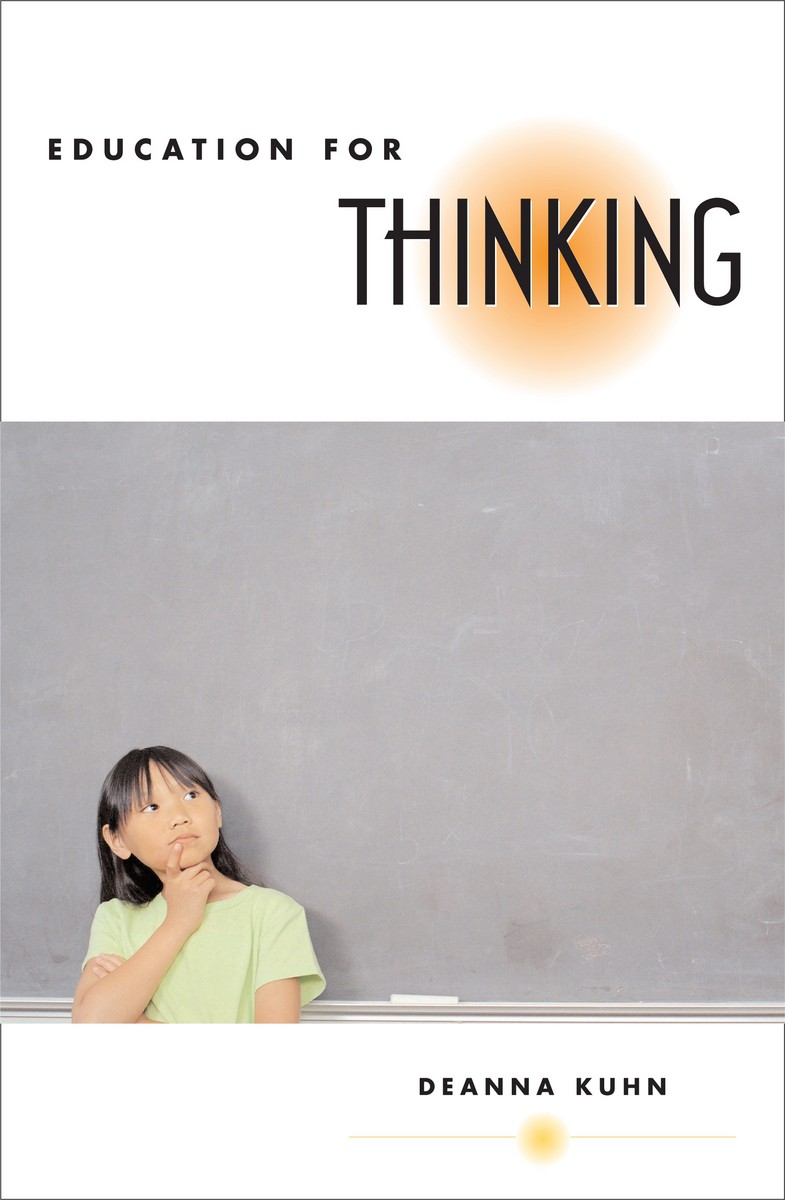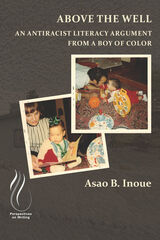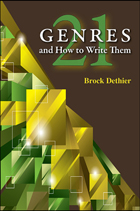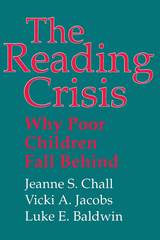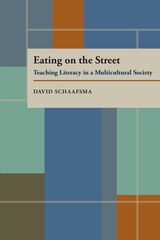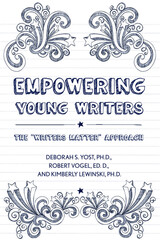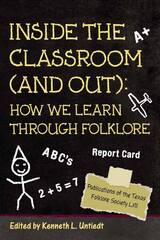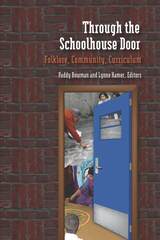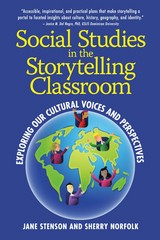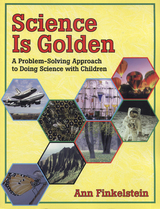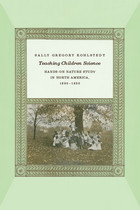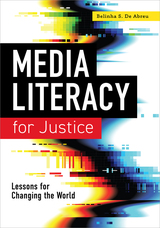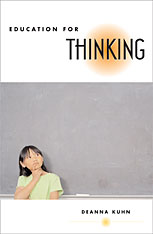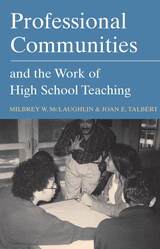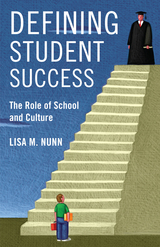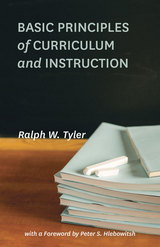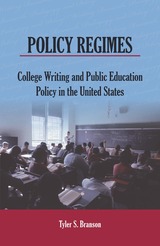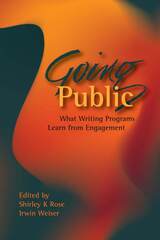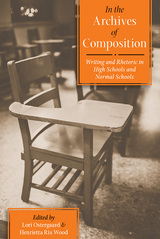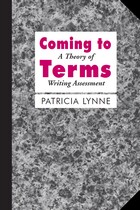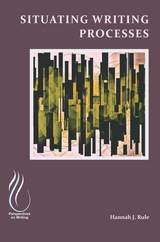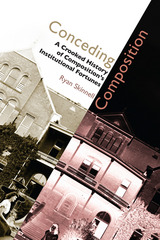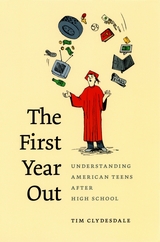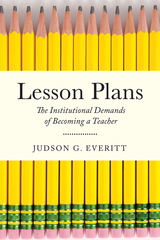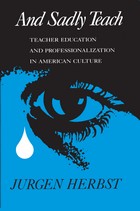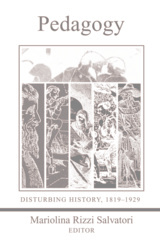eISBN: 978-0-674-03979-7 | Cloth: 978-0-674-01906-5 | Paper: 978-0-674-02745-9
Library of Congress Classification LB1590.3.K84 2005
Dewey Decimal Classification 372.011
What do we want schools to accomplish? The only defensible answer, Deanna Kuhn argues, is that they should teach students to use their minds well, in school and beyond.
Bringing insights from research in developmental psychology to pedagogy, Kuhn maintains that inquiry and argument should be at the center of a “thinking curriculum”—a curriculum that makes sense to students as well as to teachers and develops the skills and values needed for lifelong learning. We have only a brief window of opportunity in children’s lives to gain (or lose) their trust that the things we ask them to do in school are worth doing. Activities centered on inquiry and argument—such as identifying features that affect the success of a music club catalog or discussing difficult issues like capital punishment—allow students to appreciate their power and utility as they engage in them.
Most of what students do in schools today simply does not have this quality. Inquiry and argument do. They are education for life, not simply more school, and they offer a unifying purpose for compulsory schooling as it serves an ever more diverse and challenging population.
See other books on: Aims & Objectives | Aims and objectives | Curricula | Developmental | Thought and thinking
See other titles from Harvard University Press
